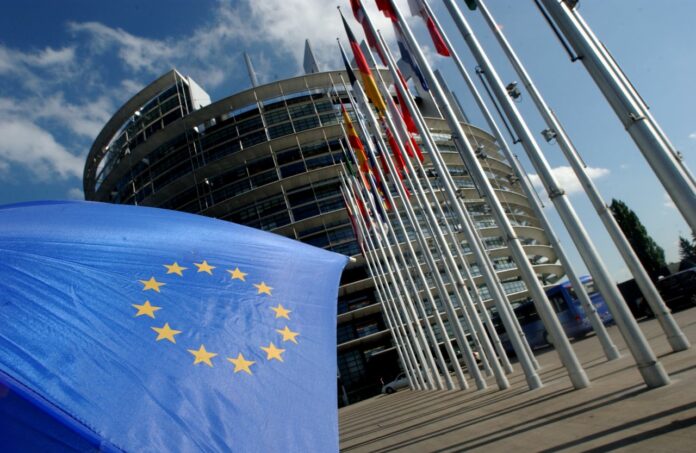
LA VALLETTA (MALTA) (ITALPRESS/MNA) – Malta has become the first EU country to transpose the European Union’s anti-SLAPP (Strategic Lawsuits Against Public Participation) directive into national law. The legislation, aimed at protecting journalists and public participants from abusive lawsuits, was announced by Justice Minister Jonathan Attard, just days after Ireland published its own comprehensive anti-SLAPP law. Minister for Justice Jonathan Attard announced the publication of the order transposing the Directive on protecting persons who engage in public participation from manifestly unfounded claims or abusive court proceedings under the European Union Act, Chapter 460, commonly known as the anti-SLAPP directive. Strategic Lawsuit Against Public Participation (SLAPP suit) are lawsuits brought by individuals and entities to dissuade their critics. This order, the government said in a statement, will introduce various remedies and safeguards and will apply to matters of a civil or commercial nature with cross-border implications brought in civil proceedings, including procedures for interim and precautionary measures and counterclaims, irrespective of the nature of the competent court or tribunal. Orders establish that abusive court proceedings against public participation means court proceedings which are not brought to genuinely assert or exercise a right, but have as their main purpose the prevention, restriction or penalisation of public participation, frequently exploiting an imbalance of power between the parties, and which pursue unfounded claims.
The main safeguards and remedies that will be introduced through the transposition of the directive, the government said, are: security for the estimated costs of the proceedings; early dismissal of the case if the court is convinced that the claim is manifestly unfounded; in cases where the Court declares the proceedings abusive against public participation, it may proceed to order the plaintiff to pay the defendant all legal costs of the case. The court may also impose a dissuasive penalty on the plaintiff of up to 10,000. The order also establishes that any person who is faced with proceedings to which this order applies, shall be eligible for legal aid as provided in the Code of Organisation and Civil Procedure. Minister Attard said this directive followed a number of discussions at European level where the Maltese government was active in contributing to various meetings, including the Council of Ministers.
The Minister for Justice explained that now that Malta is the first country to transpose the directive, it will ensure that it participates and assists other countries, as well as the next step now is to launch the public consultation on the report of the media Expert Committee to further strengthen the framework to protect media freedom and journalism. While the government hails this as a significant step forward in safeguarding press freedom, the Opposition and media watchdogs argue that Malta has merely implemented the bare minimum required by the EU directive, missing an opportunity for more sweeping reforms.
The Institute of Maltese Journalists (IGM) expressed satisfaction with the order but indicated it would study the legislation in more detail to recommend further improvements. It also called for constitutional reforms, changes in the law of defamation and in the Criminal Code, “with the aim of creating an environment where journalists can work with more peace of mind.” Changes are also needed in the Freedom of Information Act so that it really serves as a tool for more transparency, the institute said. The IGM also voiced disappointment that the government has yet to publish a White Paper on broader media reforms, as promised nine months ago. The Nationalist Opposition was more critical, arguing that the government implemented the directive reluctantly, and in a rushed manner, and only because it was mandated by the EU. “If it really wanted to protect journalists, the Government would have taken this step much earlier and would have implemented more recommendations that it left on the shelf for three whole years.”Adding to the controversy, the PN highlighted that the Legal Notice seems to be in conflict with several other existing laws and claimed that the timing and manner of the directivès implementation are strategic, aiming to minimise public and parliamentary scrutiny at the height of summer.
– Photo Agenzia Fotogramma –
(ITALPRESS).














